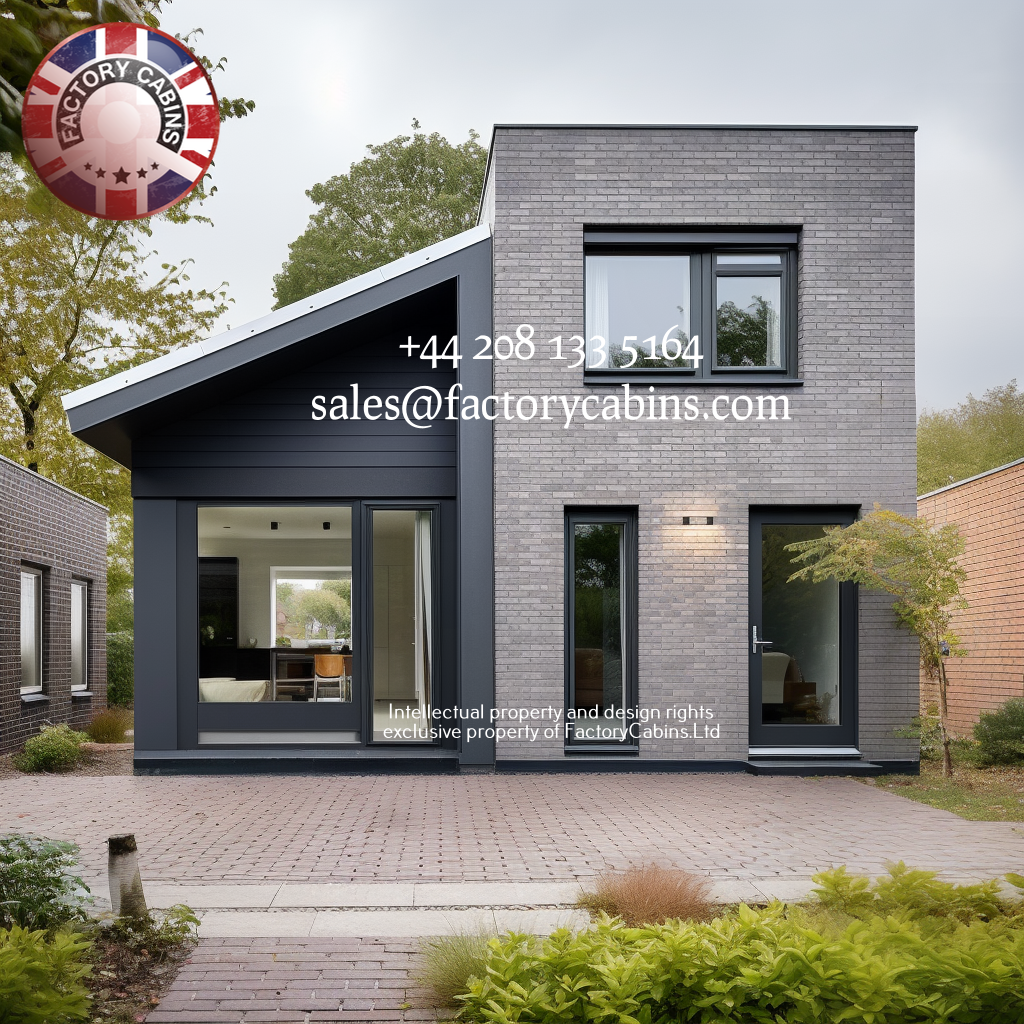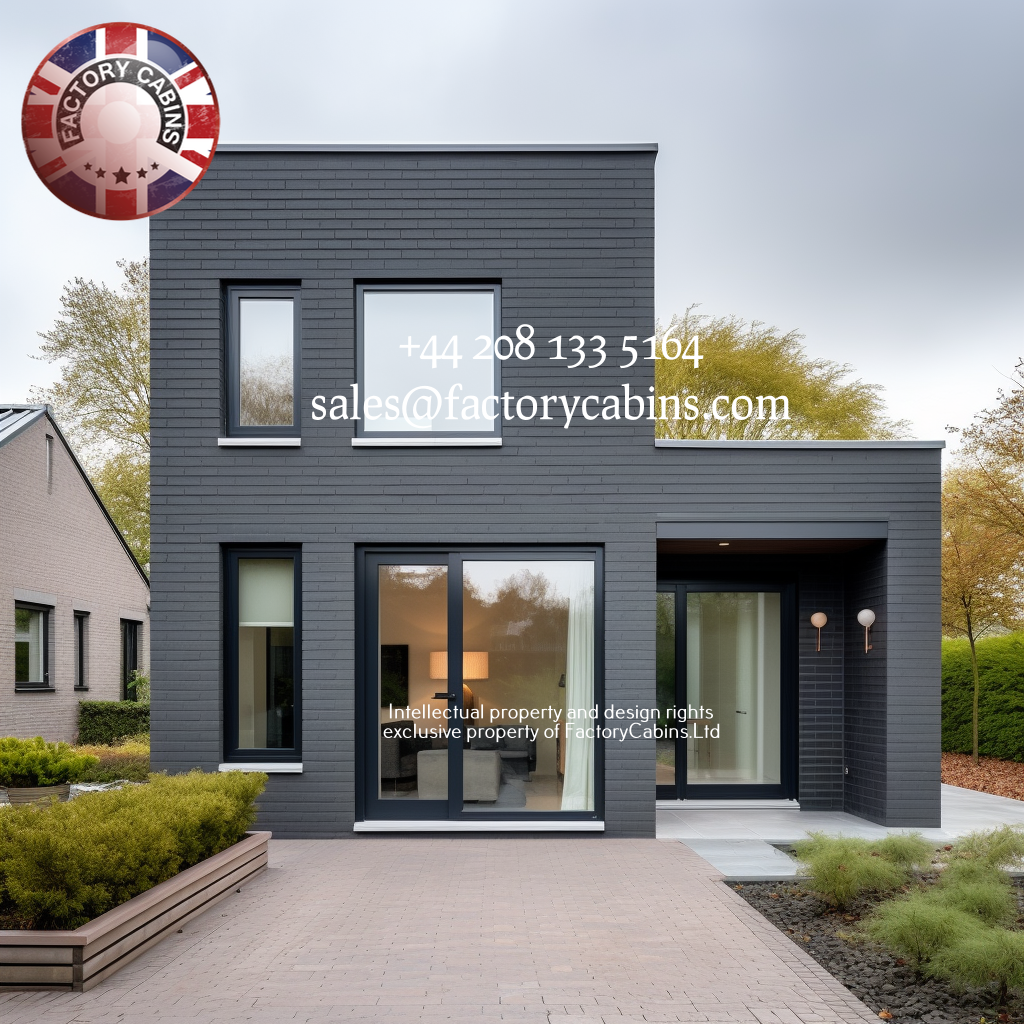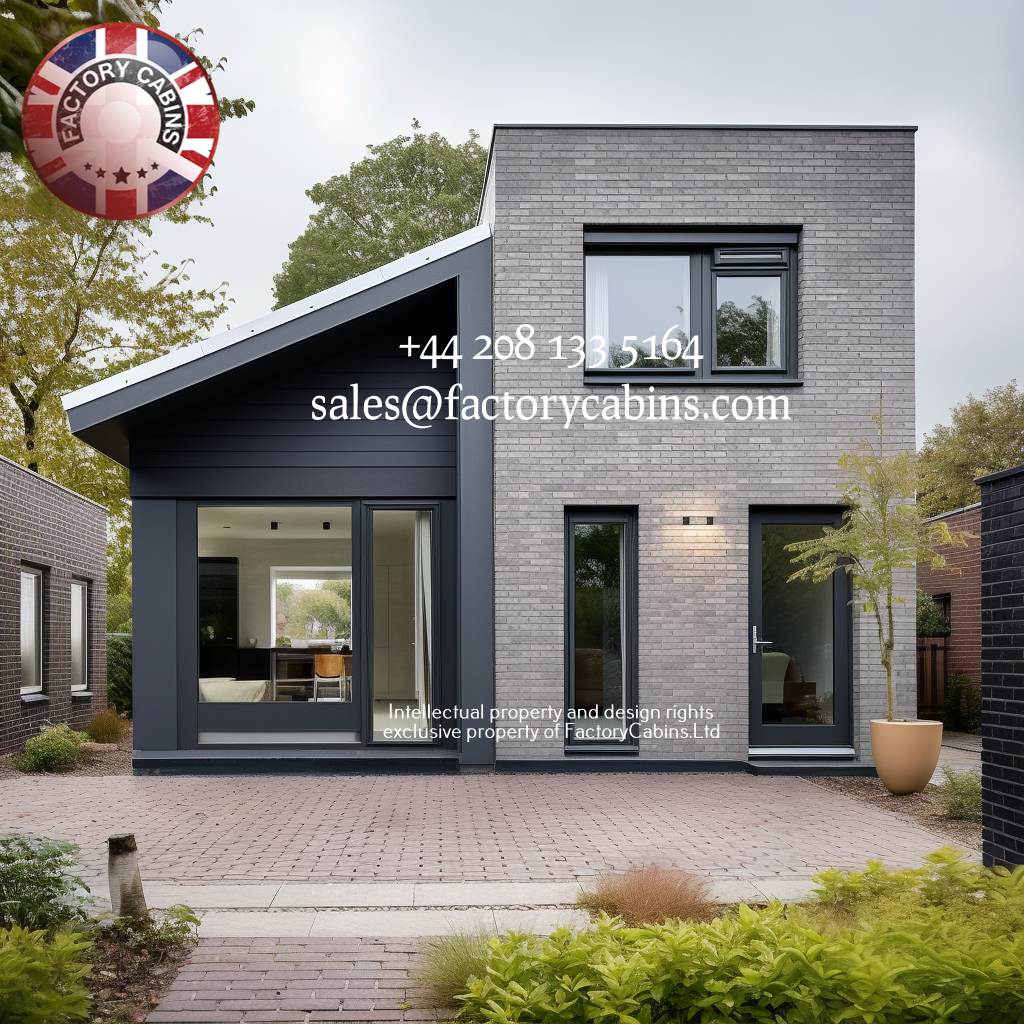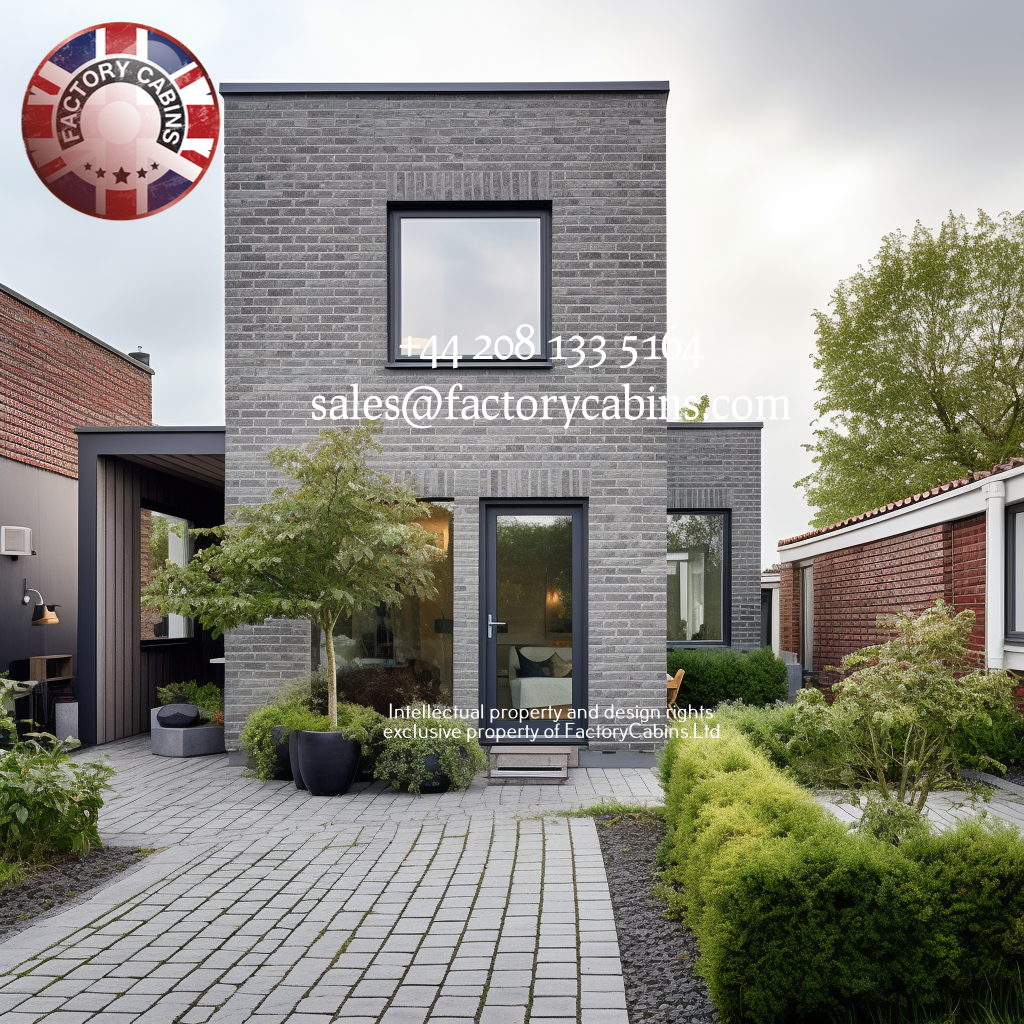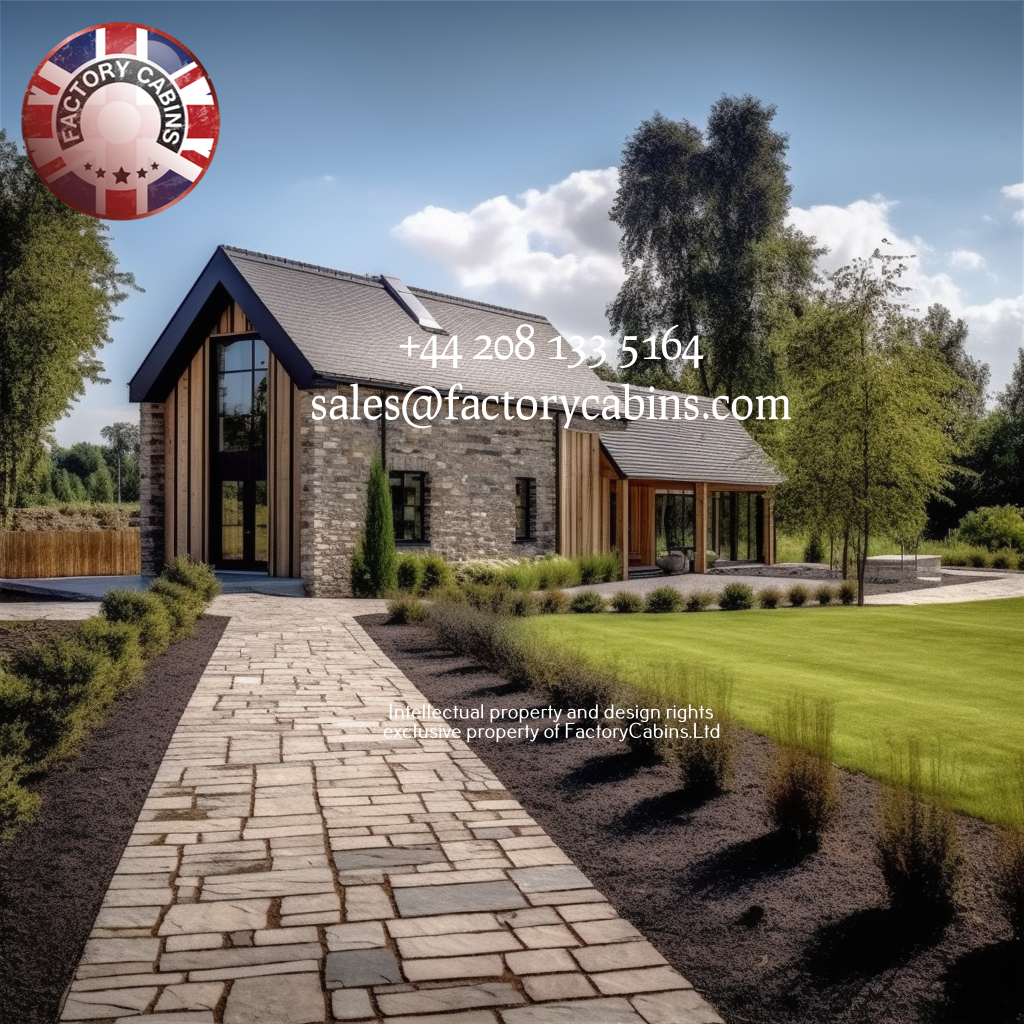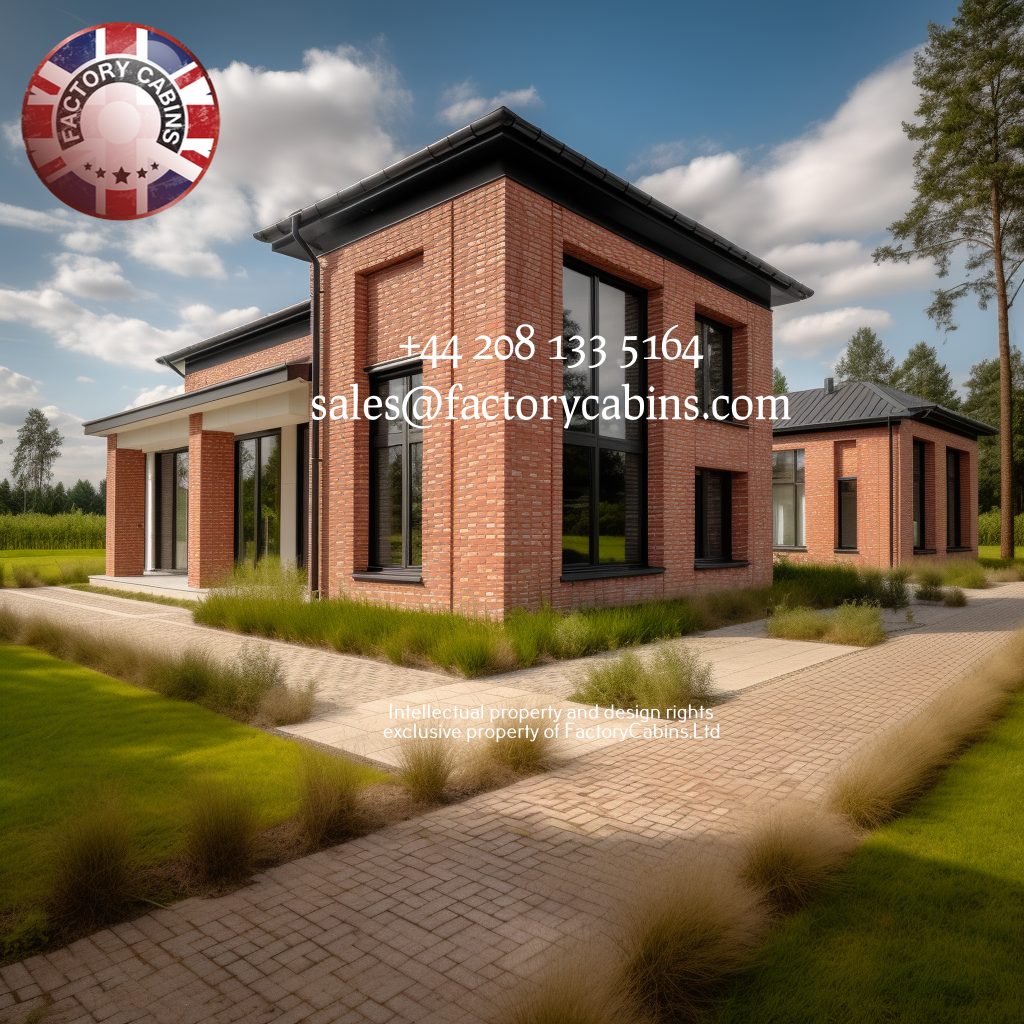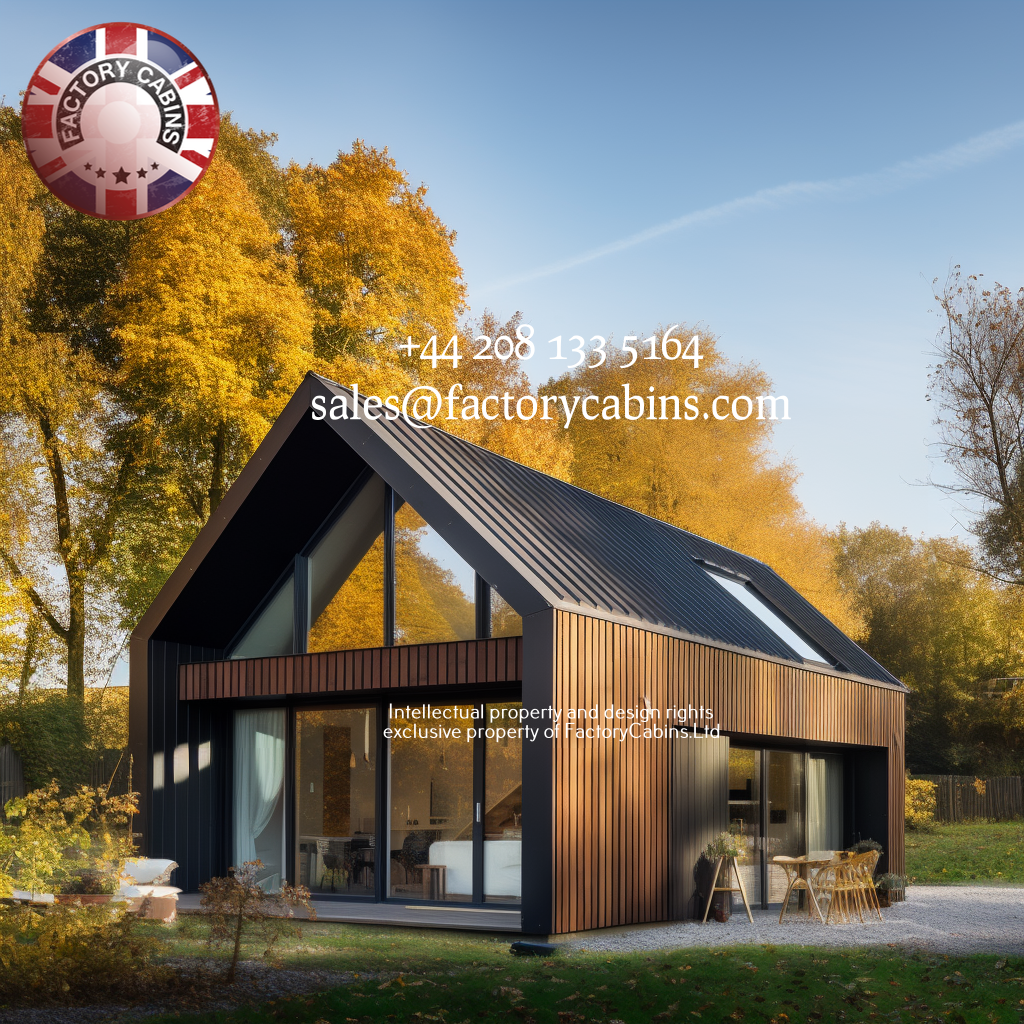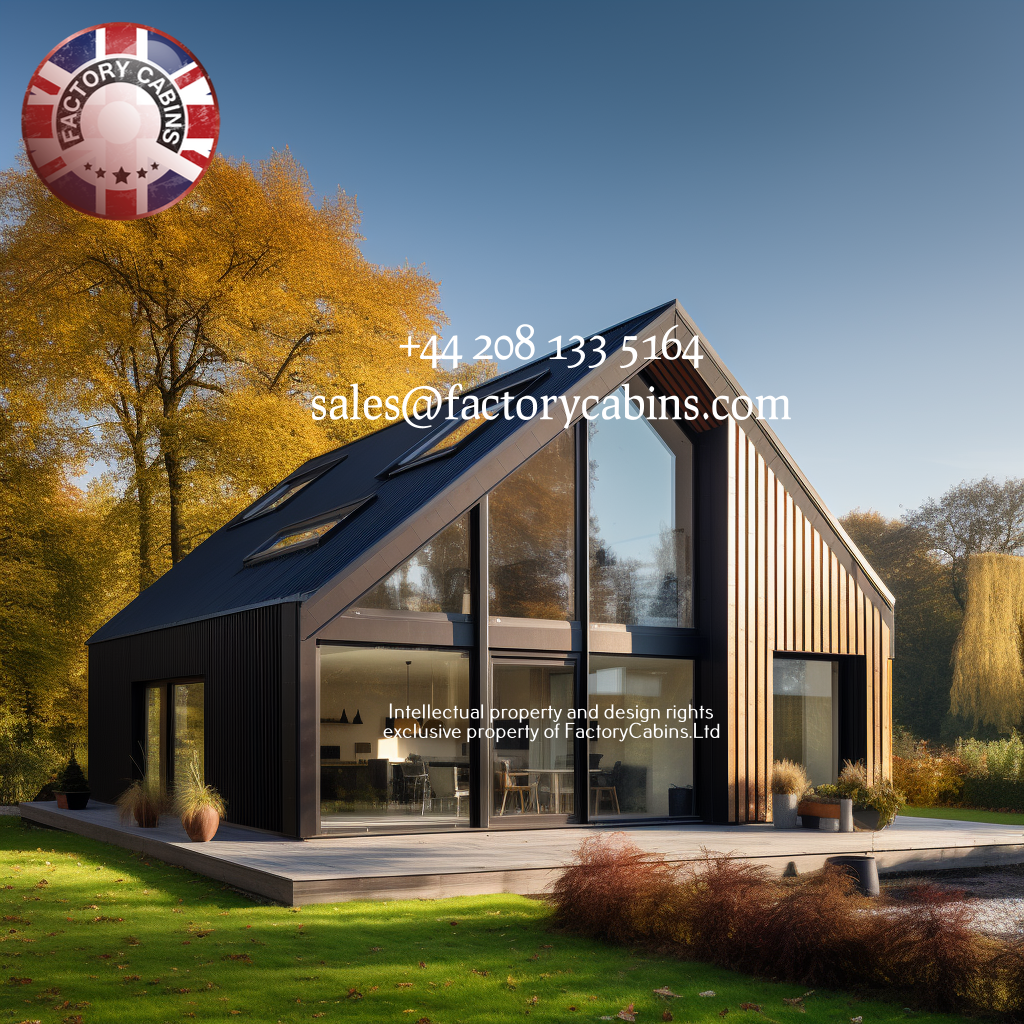The Great Park Home Swindle: How British Standards Are Engineered to Steal Your Life Savings
A Personal Story That Mirrors Thousands
Margaret, 73, sold her three-bedroom terrace in Sheffield for £185,000 after her husband passed. Lured by glossy brochures showing “luxury, low-maintenance living”, she spent £127,000 on a brand-new BS 3632:2015-compliant park home in 2016. Last month, when declining health forced a move to assisted living, the site owner offered her £14,000. “They called it ‘fair market value’,” she told me, her voice trembling. “My life savings – gone in eight years. That home was my security.” Margaret isn’t alone. *Over 85,000 families* – mostly elderly – live under this predatory system where a *90% depreciation in a decade* isn’t an anomaly – it’s engineered.
The BS 3632 Deception: Built-In Obsolescence
Let’s dismantle the industry’s lies. The British Standards Institute (BSI) updates BS 3632 every 8-10 years (1963, 2005, 2015, 2023), each time tightening thermal efficiency (U-values) by marginal amounts:
2015 Standard*: Walls U=0.35, Floors U=0.35
2023 Standard*: Walls U=0.30 (0.05 decrease), Floors U=0.26 (0.09 decrease)
Physically, a 2015 home remains structurally sound. But bureaucratically? It’s rendered “obsolete” overnight. Why? *VAT zero-rating* – the lifeblood of affordability – applies only to units meeting the latest standard. When BS 3632:2023 took effect in September 2023, 2015-compliant homes:
– Lost zero-VAT status on resale
– Became ineligible for financing (banks won’t mortgage “non-compliant” assets).
– Were barred from 72% of parks enforcing “current standard only” policies.
Table: How U-Value Changes Destroy Value
| *Component* | *BS 3632:2015* | *BS 3632:2023* | *Consequence for Older Units* |
Wall U-Value* | 0.35 W/m²K | 0.30 W/m²K | Deemed “energy inefficient” regardless of actual performance |
Floor U-Value* | 0.35 W/m²K | 0.26 W/m²K | Retrofit impossible without full foundation demolition |
VAT Status* | Zero-rated pre-2023 | Zero-rated | 20% VAT added to resale price, destroying demand |
Park Acceptance* | Widely accepted | Mandatory for new siting | Banned from most premium parks |
The Depreciation Trap: Worse Than a Garden Shed

Above Our new models will still be compliant with the BS3632 in the year 2050 and further.
Garden sheds depreciate predictably. Park homes? They’re financial sinkholes:
1. *Artificial Obsolescence*: Unlike houses, park homes are legally “chattels” (moveable property). No land ownership means no asset appreciation. The structure alone loses value like a car – but faster. A £120,000 unit in 2015 becomes “worth” £12,000 by 2025.
2. Pitch Fee Blackmail: Site owners charge annual pitch fees (£3,000-£8,000) rising 7-15% yearly – far above inflation. Refuse to pay? You’re evicted and must remove the home at costs exceeding £10,000. One resident reported fees **jumping 47% in two years – a deliberate tactic to force distress sales back to the park at scrap prices.
3. Resale Monopolies: Contracts forbid private sales. You *must sell to the park owner or their “approved buyer”. Margaret’s £127,000 home was “bought back” for £14,000. The park relisted it for £65,000 – pure profit from exploitation.
Targeting the Elderly: A Systemic Shakedown
This isn’t coincidence. It’s predation:
Demographics*: 70% of park residents are retirees using lump sums from property sales. Sales offices push “carefree golden years” while omitting depreciation risks.
Complex Contracts: Pitch fees, service charges, and “commission” (10-15% of sale price) are buried in 50-page agreements. Legal jargon obscures the truth: **You’re renting land from a potential extortionist.
Harassment Tactics*: BBC investigations found site owners cutting off utilities, threatening eviction, or fabricating “maintenance fees” to pressure sales. The promised “fit and proper person” test? Delayed for a decade by industry lobbying.
The Exploitation Playbook
Tactic, Mechanism, Impact
Omission of Depreciation: Sales agents avoid mentioning value collapse | Elderly buyers liquidate homes expecting equity.
Pitch Fee Escalation: Contracts allow “reasonable” increases not tied to inflation. Fees rise 5-10x faster than pensions, forcing sales.
Resale Blockades: Parks ban “For Sale” signs and charge £500+ “admin fees” for buyer approvals. Owners sell to parks at 10-20% of original value.
Energy blackmail: some parks force residents to buy electricity/gas from them at 30% markups, and running costs soar, accelerating financial collapse.
The Garden Shed Comparison: An Insult to Sheds
At least a £5,000 garden shed:
– Won’t demand £4,000/year “pitch fees”
– Can be sold privately without a 15% “commission”.
– Isn’t rendered “obsolete” because insulation standards changed 0.05 W/m²K?
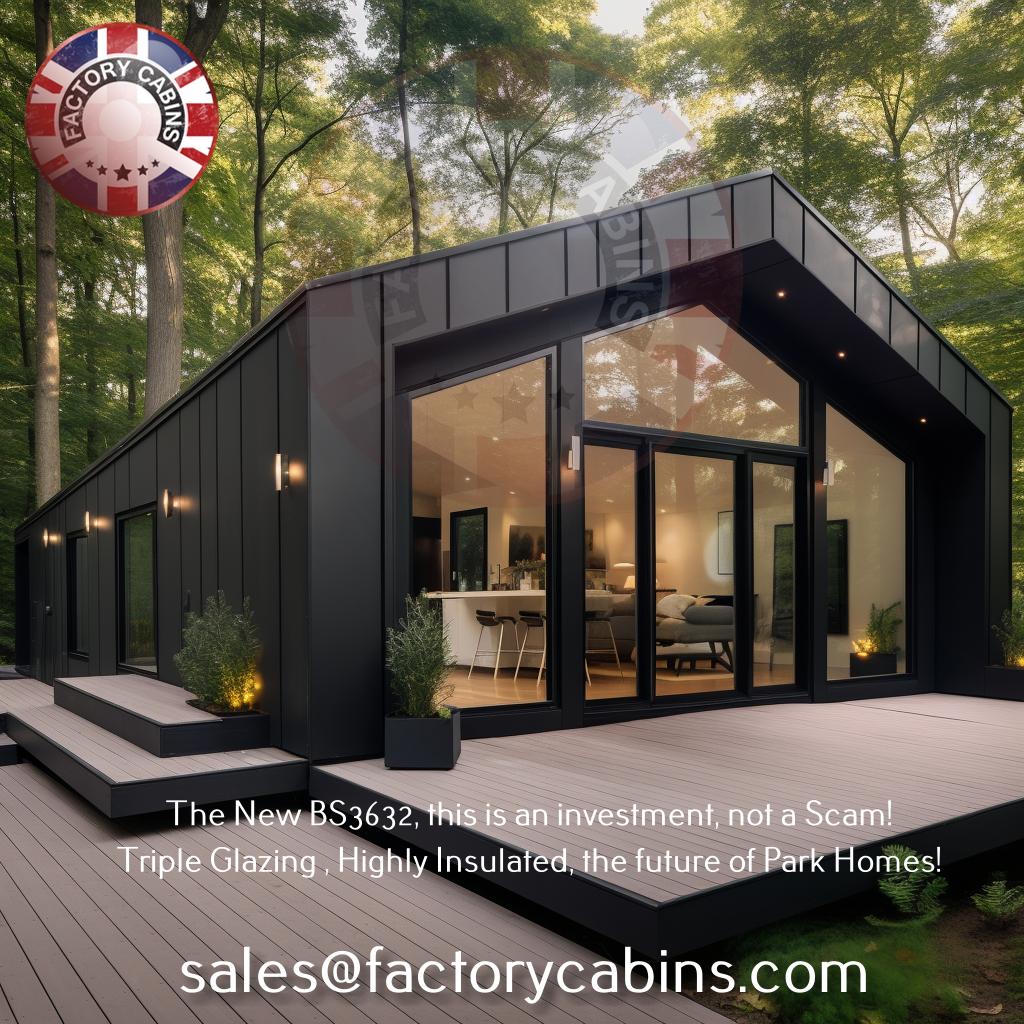
Above Our new models will still be compliant with the BS3632 in the year 2050 and further.
Park homes? They’re “landless money pits” dressed as housing. The 2023 update isn’t about “improving living standards” – it’s planned obsolescence for profit. Manufacturers (like those NCC members “self-certifying” compliance) lobby BSI for updates to spike sales. Parks then use these changes to devalue older units and seize assets.
The Way Out: Alternatives That Don’t Steal Your Future
If you’re considering a park home:
1. “Sheltered Housing”: Own a leasehold flat with support services. No depreciation traps.
2. “Downsizing”: Buy a small bungalow—you’ll keep the land value and escape pitch fees.
3. Fight Back: Join the Holiday Park Action Group (1,200+ members suing rogue operators). Demand MPs enact:
Pitch Fee Caps” (like rent controls)
“Retroactive U-Value Upgrades” (allow insulation retrofits)
“Abolition of Resale Commissions”
Final Warning: Your “Dream Home” Is Their ATM
The BS 3632 cycle—2015 to 2023—is a wealth transfer machine. It extracts life savings from the elderly through:
Regulatory collusion (BSI updates = manufacturer/park profits)
Information asymmetry (hidden contract terms)
Coercive monopolies (no land = no bargaining power) That £150,000 “luxury lodge”? It’s a rapidly depreciating box on someone else’s land. By design, in eight years, it’ll be worth less than a used car. Don’t fund this cruelty with your retirement.
Lasting thought.
The transition from BS 3632:2015 to BS 3632:2023 represents a significant overhaul in UK residential park home standards, impacting both construction requirements and market prices. Here’s a detailed breakdown: And why everything is a con. The next update to the BS3632 is expected in 2031.
1. Key Construction Differences
Thermal Efficiency Upgrades
Wall U-values: Reduced from 0.35 W/m² (2015) to 0.30 W/m²K (2023).
Floor U-values: Sharply cut from 0.35 W/m²K to 0.26 W/m²K* (floors must be “exposed” for calculations).
Roof U-values: Unchanged at 0.20 W/m²K.
Impact: Thicker insulation or advanced materials (e.g., structural insulated panels) are now mandatory to meet stricter heat-loss limits.
Moisture & Ventilation Control
Trickle vents: Required in every room for continuous airflow.
Roof ventilation: Standards rewritten to cover previously excluded designs.
Condensation risk: Enhanced vapour barriers to address interstitial condensation caused by tighter insulation.
Safety Enhancements
Alarms: Mandatory graded smoke/heat detectors (previously recommended).
Escape routes: All entrance doors must meet “means of escape” width and accessibility standards.
Window safety: Fall-prevention features for openings.
Other Key Changes
Serial numbers: Homes must display IDs in 3+ locations for traceability.
Renewable integration*: Support for solar panels/distributed energy systems.
Acoustic testing: Stricter soundproofing validation.
2. Price Implications
Manufacturing Costs
New builds: Compliance adds £5,000–£15,000 per unit due to:
Advanced insulation (e.g., SIP panels).
Safety systems (e.g., graded alarms).
Certification fees (NCC self-certification audits).
Retrofits: Upgrading a 2015 home to 2023 standards is often prohibitively expensive (e.g., floor insulation requires dismantling foundations).
Market Depreciation
2015-standard homes:
Purchase price (2015): £80,000–£150,000.
Current value (2025): ↓80–90% (e.g., £12,000–£30,000) .
Causes of collapse
VAT zero-rating loss: Only 2023-compliant homes qualify for 0% VAT. Resale of older units incurs 20% VAT, deterring buyers.
Park operator policies*: 72% of parks refuse resale of non-2023 homes.
Financing barriers*: Banks rarely mortgage “obsolete” units.
2023 – Standard Home Prices
New units: £125,000–£286,000.
Premium drivers:
Energy efficiency (saving £300–£600/year on bills).
Compliance “future-proofing” (until the next update ≈2031).
3. Industry Controversies
Planned obsolescence: updates every 8–10 years intentionally devalue older homes.
Elderly targeting: 70% of park residents are retirees; many lose life savings to depreciation.
VAT loophole: Zero-rating applies only to *current-standard homes, accelerating obsolescence.
The BS 3632:2023 standard improves liveability but entrenches a cycle of engineered depreciation. While new homes offer better insulation and safety, their steep prices (£125k–£286k) and inevitable devaluation make them risky investments. Owners of 2015-standard homes face near-total equity loss due to regulatory exclusion and VAT penalties. For long-term security, traditional housing or retrofittable alternatives remain wiser choices.

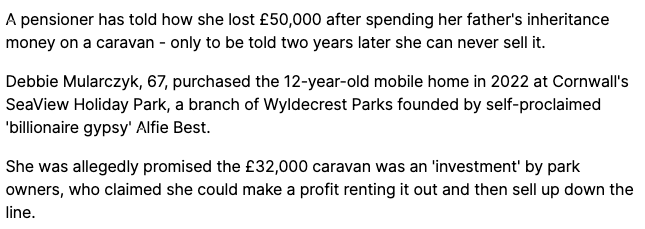
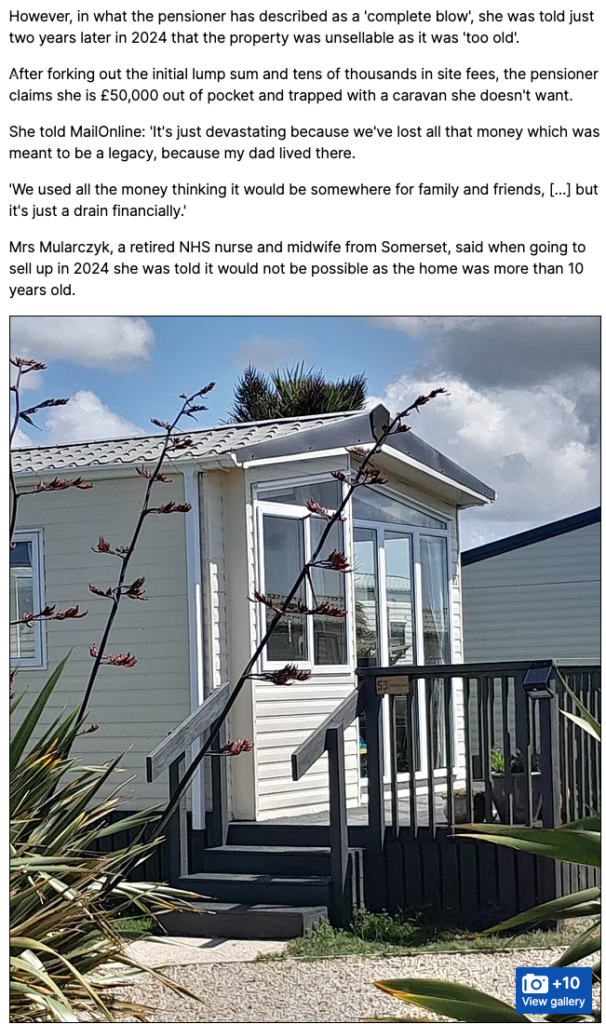
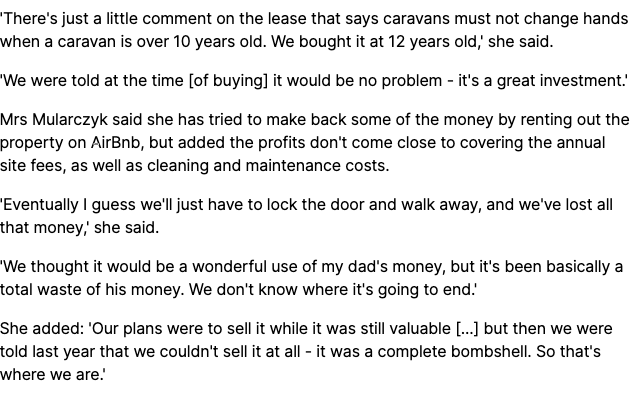
Please call us on +44 208 226 1564


